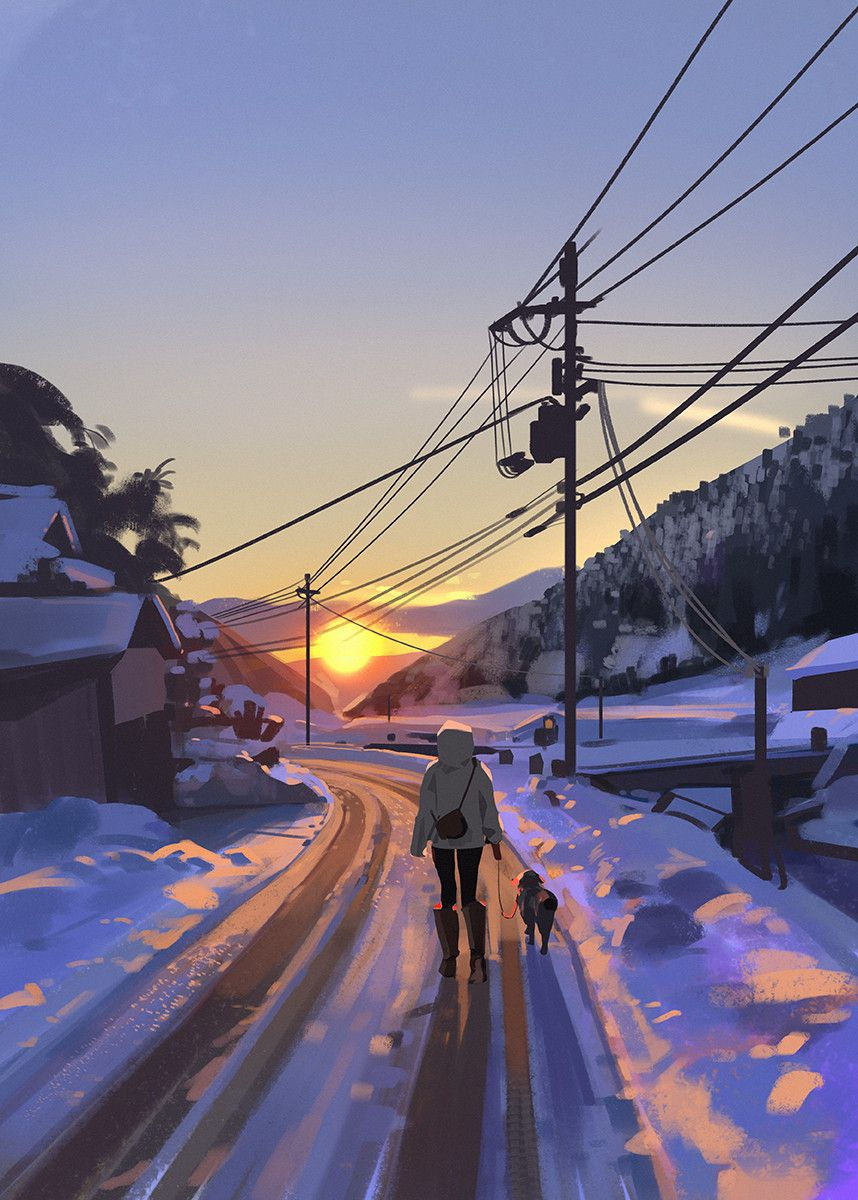The Rationalist's Dream
- Manas Kumar Mishra

- Sep 11, 2022
- 4 min read

War :
• A state of armed confict between different countries or groups within a country.
• A state of competition or hostility between different people or groups.
• A sustained campaign against an undesired situation or activity.
The irony of our existense is that inspite of knowing our ultimate fate we are in an incessant war - with ourselves or with others. Winning a war will yield something that'll eventually be lost while losing which will be an immediate loss. Wars have a continual existence in almost all fields of life, although for dissimilar objectives, at varying intensities and with different repurcussions. Some fields and their corresponding objectives for war are as follows -
• Military - Territory
• Politics - Power
• Trade - Resources
• Religion - Religious dominance
• Science - Knowledge dominance
Wars are basically considered sinful, lustful, revengeful and hateful. And considered they should be since the events of war are unpleasant, miserable and chaotic. We have grown up witnessing gory images of war. Amongst all the wars, the military and religious wars are most prominently etched in our memories since they are confrontational, physical and brutal. They involve violence and bloodshed - aided by weapons that kill.

So wars for us are military and religious wars. But what about wars in other fields? Why are we negligent about them: or rather indifferent? There can be several reasons as follows -
• They are not visually flabbergasting
• Their events are not gruesome
• Their consequences might not be immediately imminent.
All fields except military don't seem to involve wars, but they indeed do.
Let's re-analyse some fields and see how do they involve war.
• Politics - Bloodshed and murders are common. No political party on this globe has evolved without violence. Violence, hatred and bloodshed are the pillars of politics and war is embedded in their ethos.
• Trade - Before the formation of WTO, trade was defined as imposition of X's goods on Y's market. X was the more powerful of the two and that power was attained by winning a war. Post WTO, Y is also becoming powerful. So now even X is offering its market to Y. But X still has its dominance imposed on the globe, in the form of its currency - the world currency. Perhaps some day some war may change the equations and establish an alternate world order. Therefore, the grand old war remains the happy undercurrent of world trade.
• Religion - Some religions have been using violence as a tool to lay down whims disguised as laws, establish a customized socio-cultural community and spread themselves far and wide.
• Science - Since historical times, curiosity has been suppressed and curious minds massacred. Why? Curiosity (disguised as science) has challenged established norms, theories, order, laws, and commandments. Our current knowledge that we take for granted is rooted in a bloodied ground - soaked in the blood of great thinkers, scientists, and philosophers. Galileo was subject to life imprisonment for believing that Earth revolves around the sun and not vice versa. That was heresy in 17th century - do not go against the Church. Cut to modern times - as per different sources, in the period from 2009-13, 4 Iranian nuclear scientists were assasinated and 11 Indian nuclear scientists died mysteriously. This is heresy in 21st century - dare not arm yourself with future knowledge, to the disliking of the mighty powers. (These are just examples available in public domain and not to be confused with support for nuclear weapons.)
So how do we make sense of wars?

In science there is a term called 'equilibrium'. The dictionary meaning of equilibrium is a state in which opposing forces or influences are balanced. It also means a calm state of mind.
Analyzing the above 2 sentences, we can create an interesting paradox: under equilibrium state, the entitities involved can be both at the same time - stressful and calm.
For e.g. the bicycle moves smoothly till it maintains a minimum speed and orientation. Although its parts such as tyres, bearings, frame or even the rider are under different levels of stresses, the overall bicycle-rider system is under equilibrium. All the forces act in tandem to create a wonderful and soothing experience.
Equilibrium is of 2 types -
• Static Equilibrium - components/processes in the system are at rest. For e.g. chair in the garden.
• Dynamic Equilibrium - forward and reverse processes occur at the same rate resulting in no observable change in the system. For e.g. the electrolyte in a battery.
Equilibrium is essential for survival of flaura and fauna. Wars tend to build equilibrium and that is why they are omnipresent. They lead towards law and order amongst the humankind by establishing a hiearchical power structure, even though through brute force.
Let's take the same examples as above for comprehending equilibriums that wars establish -
• Military - Static Equilibrium in peacetime, Non-Equilibrium in wartime and Static Equilibrium again in post war time.
• Politics - Dynamic Equiibrium
• Trade - Dynamic Equilibium
• Religion - Dynamic Equilibrium
• Science - Non-Equilibrium - ever expanding horizons.
Finally the question remains. Can wars be avoided?

Yes wars can be avoided but equilibrium can't. Equilibrium needs to be established for this worldly saga to keep rolling into the future.
So how do we take care of equilibrium?
Enter 'conflict' and 'competition'.
Competition, conflict and war have gradually receding scopes in that order.
• Competition - may use 'threat of violence' as a means of coercion but not violence.
• Conflict - may use 'violence' as a means of coercion.
• War - uses 'violence' as the means of coercion.
Our planet needs to shift from war to conflict to competition in all fields of life. That is how we harmonise and build a grand symphony of peace, love, and righteousness.






Comments